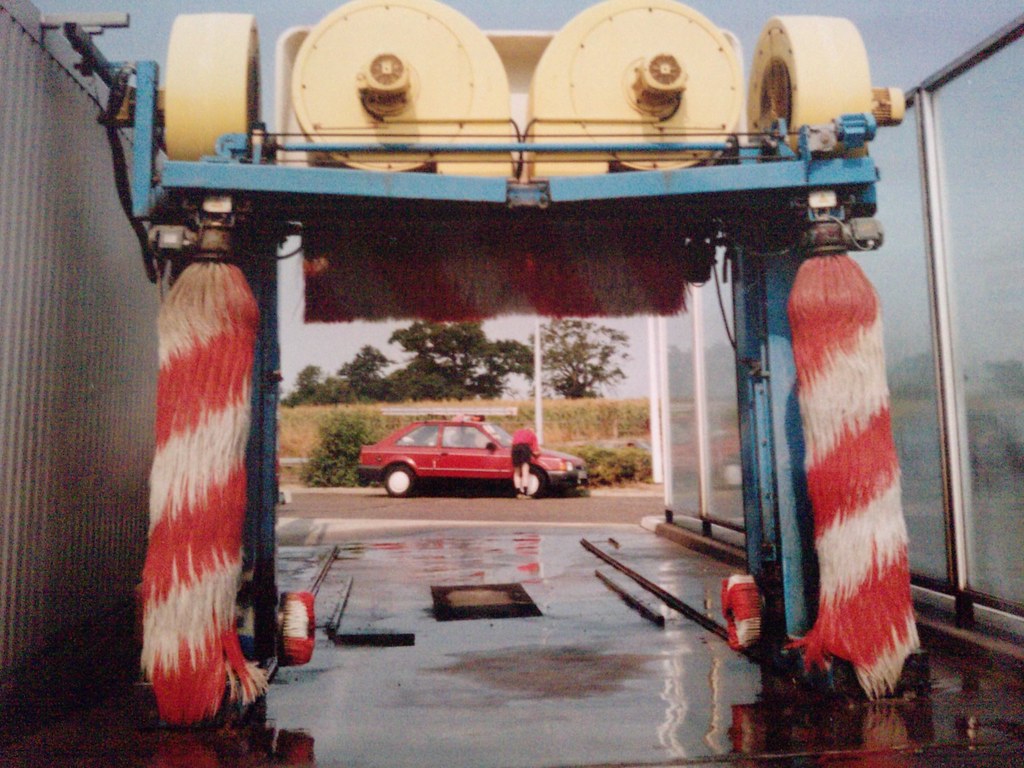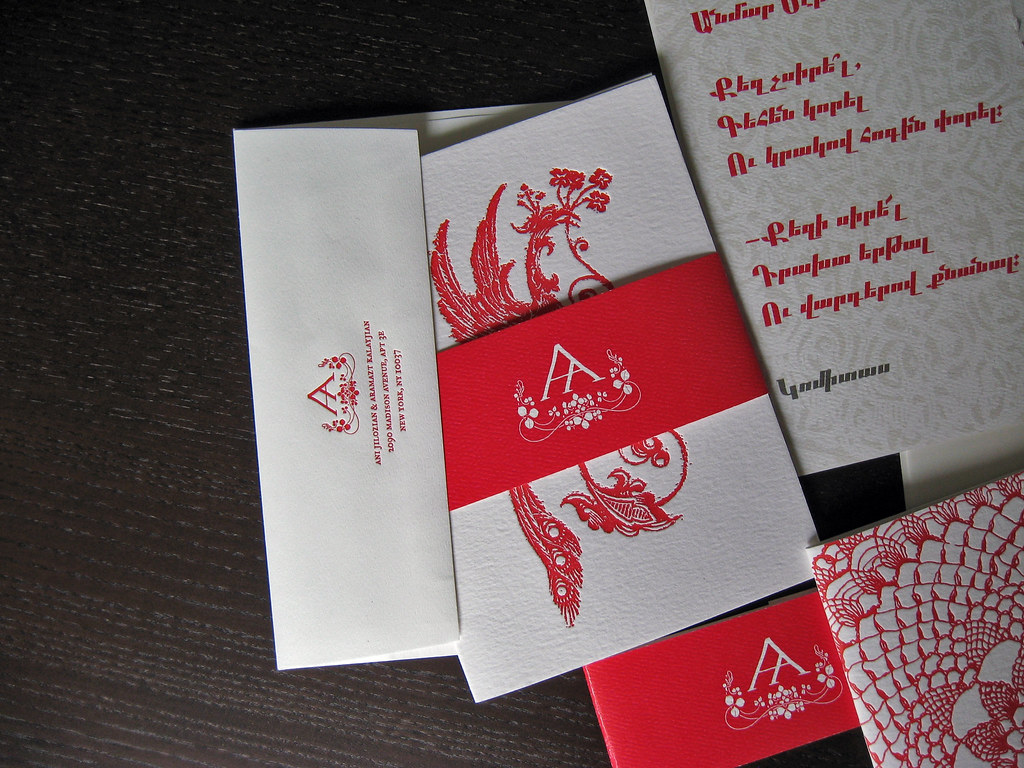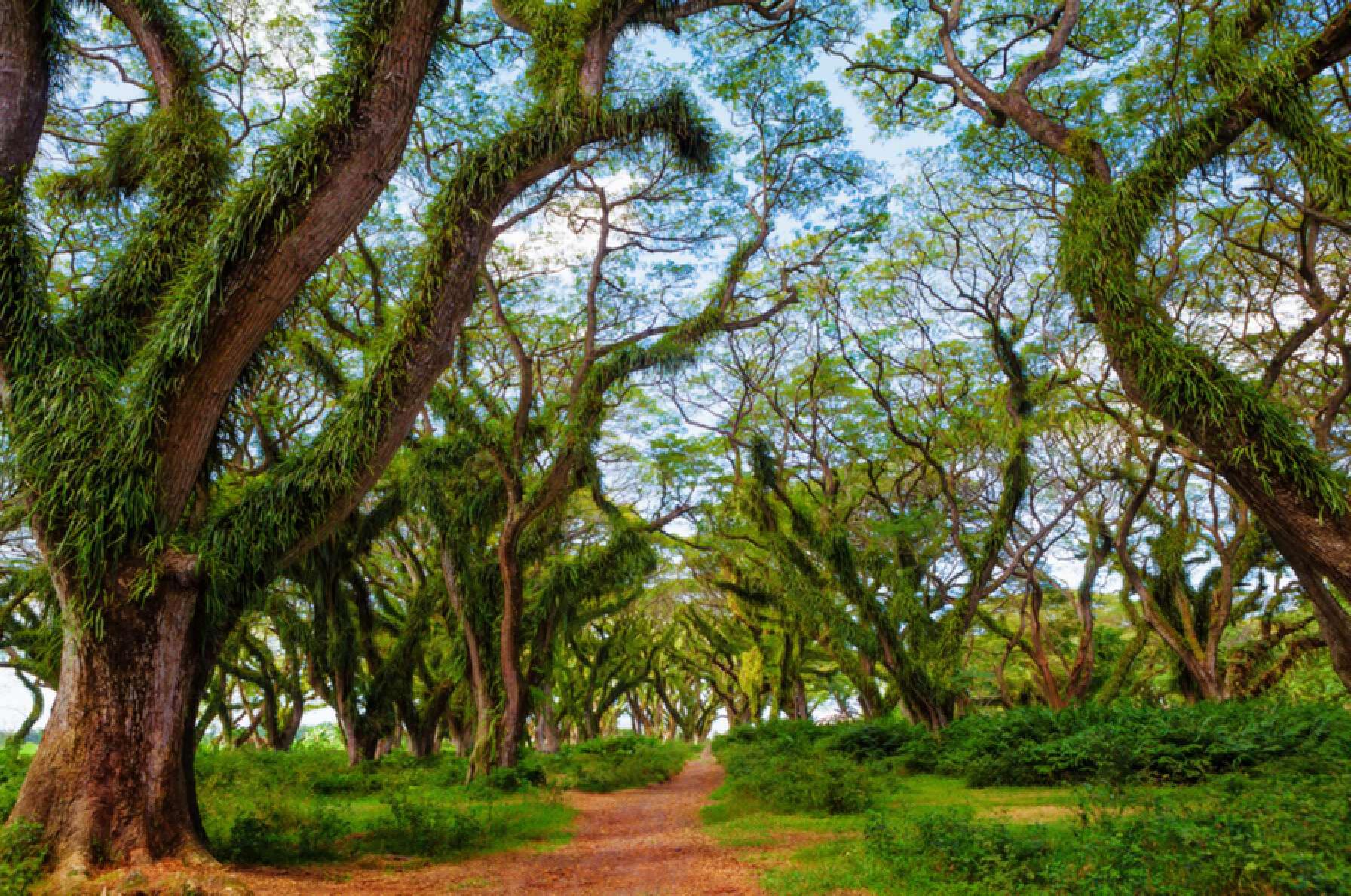
Indonesia’s Betel Nut Trade: A Thriving Global Market
Areca nut, typically known as Betel nut, acts as the nut of the Betel palm tropical tree and holds an important part in the culture and economy of several Asian regions. The seed is consumed by chewing for its energizing properties, notably when mixed with betel leaf (a mix of betel leaf and lime paste) or tobacco. The nation of Indonesia, considered one of the largest cultivators of Areca nuts, has grown into a significant participant in the global commodity chain for this commodity.
Within the Indonesian archipelago, masticating Areca seed, identified as "sirih pinang," has a rich history. It frequently applied in ceremonies, community events, and healing traditions. Throughout provincial areas, particularly in Sumatra, Kalimantan, and Sulawesi, the practice of biting betel nut continues to be deeply rooted. The kernel has social and cultural significance, typically serving as a sign of hospitality or integrated in conventional events, like nuptials.
Economically, the farming of betel nuts provides means of income for a significant number of small-scale farmers, primarily in regions for instance Aceh, West Sumatran regions, and the northern region of Sulawesi. For these rural areas, Areca nut is a significant economic product, increasing their financial means and holding a vital part in regional economies.
Indonesia's tropical tropical climate, rich soils, and vast shorelines deliver the optimum setting for Areca palms to flourish. The cultivation process is straightforward and requires significant labor, consisting of placing saplings, maintaining palm groves, and collecting the betel nuts after roughly five years. After they are harvested, the betel nuts are usually air-dried, parboiled, or preserved, in line with the regional practices and the demand from the market.
The Indonesian betel nut industry has a varied supply chain, comprising small-scale farmers, regional merchants, bulk sellers, and export companies. At times, betel seeds are sold unprocessed, but usually, they are dried to ensure a longer shelf life and to fulfill the expectations of overseas markets.
Global market demand for betel nut, specifically in regions like India, the nation of Pakistan, Taiwan, and various areas in Southeast Asia, has increased in the past decade. Areca seed is greatly desired in those regions, where betel chewing remains a longstanding custom, despite the heightened understanding of its health-related concerns. India is the largest importer of Areca nuts from Indonesia. The betel nuts are treated in several variations, such as entire nuts, cut nuts, or powdered form, based on the market requirements. The role of betel nut in traditional paan preparations is still common in the region of India, and Indonesian betel nut is commonly favored for its high grade and accessibility.
Taiwan region functions as another emerging market for Indonesian betel nuts, where the tradition of betel nut consumption is frequently observed, especially among individuals in rural areas. Taiwanese buyers favor Areca nuts from Indonesia due to their more affordable prices compared to domestic production. In spite of the lucrative potential of the betel nut industry, local suppliers in Indonesia struggle with several obstacles in expanding their sales territories and optimizing their distribution networks.
Over the past few years, health studies have linked the consistent consumption of betel nuts with cancers of the mouth and various health issues, sparkling concerns about its safety. This has resulted in some nations adopting stricter regulations or even bans on the sale and ingestion of Areca seed products. For example, the island of Taiwan has rolled out steps to diminish betel nut chewing in light of increasing incidents of oral cancer. Suppliers from Indonesia, consequently, face the hurdle of managing these guidelines while maintaining their international markets.
Although the Indonesian Areca nut market is broad, it lacks standardized quality measures and standardization processes. This can create disparities in product quality, which influences its global standing. Certain suppliers have commenced embracing more thorough classification, evaluating, and packaging methods to ensure uniformity, but the betel nut sector still has space for growth.
In the same way as many crops, growing betel nuts brings up concerns about deforestation and environmental degradation. In various locations, Areca palm groves have spread into formerly forest-covered lands, leading to a reduction in species diversity and interruption of habitats. Confronting these environmental concerns is crucial for the future sustainability of the market.
Indonesia itself is by no means the singular country growing Areca nut. Other Southeast Asian nations, such as the kingdom of Thailand, Myanmar, and Ceylon, also have thriving betel nut industries. Suppliers from Indonesia must stay competitive by ensuring premium products, efficient supply chains, and attractive prices to hold their presence in the worldwide market.
Despite the obstacles, the future remains promising for the betel nut sector in Indonesia. The global demand for Areca palm seed is expected to persist with strength due to the deep-rooted customs of buyers in major markets. Provided that countries such as the country of India and the island of Taiwan continue to seek superior betel seeds, Indonesian producers are well-positioned to meet this market demand.
To secure ongoing development, suppliers of betel nuts in Indonesia are concentrating on revamping their production methods, upgrading quality control, and venturing into new markets. Some companies are allocating resources to modern technologies and framework to enhance their processes and increase efficiency. Additionally, there is increasing interest in organic and sustainably harvested goods, which could provide additional possibilities for producers in Indonesia willing to embrace sustainable practices.
The Indonesian betel nut industry is a substantial contributor to both the local and international economy. It provides livelihoods to multitudes of small-scale farmers and satisfies the needs of foreign markets, particularly in the nation of India and Taiwan. However, challenges such as health issues, government regulations, and rivalry in the market must be confronted for the industry to prosper in the foreseeable future. By focusing on environmental sustainability, quality assurance, and innovation, Indonesian Areca nut manufacturers can keep to play a essential role in the worldwide supply chain.
More details: betel nut suppliers in Indonesia
04 Nov 2024
02 Oct 2024
25 Apr 2021
19 Sep 2021
12 Aug 2024
19 Feb 2026
05 Feb 2026
18 Jan 2026






